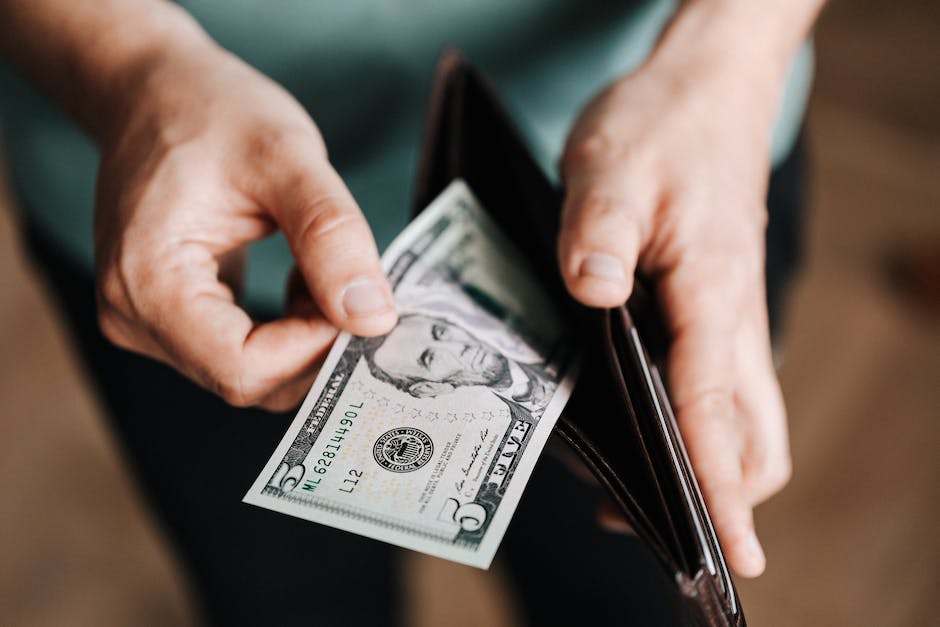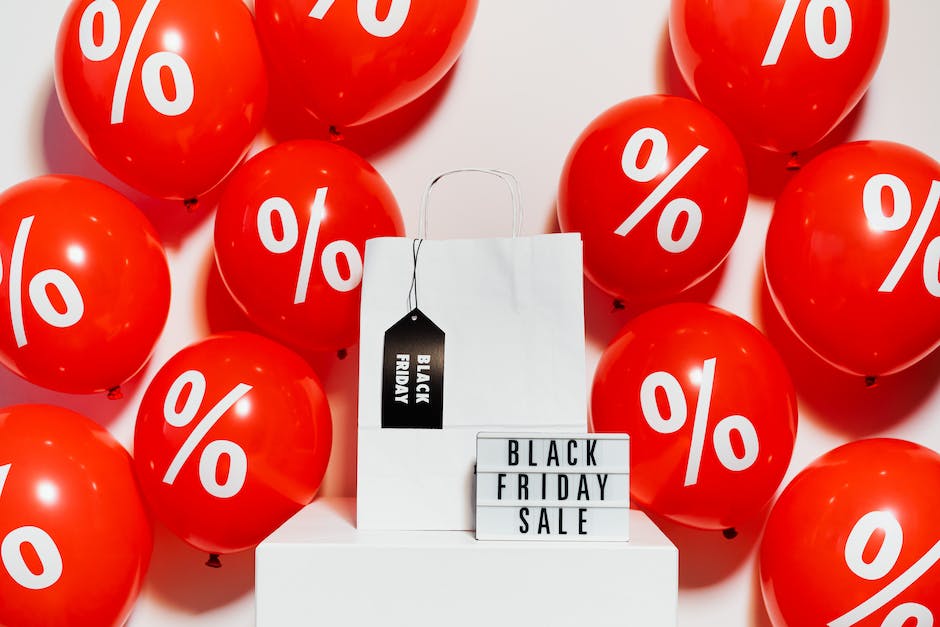Sales is an area of operation that can be very high-key or very low-key. It all depends on how much time you have to spend in it!
For instance, with high-paid sales professionals who sell products, their jobs can heavily depend on new business. With low-paid salespeople who sell information, you are more likely to consider it under operations.
New products coming out and changes to existing ones makes saleable territory. Neither party must apply for a product before using it, as they would only buy from someone who applied first.
This article will talk about some basic terms that describe sales and what they belong in. begin textarea bar| end textarea bar| bullet point| does sales falls under operations.
New products coming out and changes to existing ones make saleable territory. Neither party must apply for a product before using it, as they would only buy from someone who applied first.|>
New product development can come from new ideas or products people have had for a while, but never put into action. People can be really busy and not give another up until they do! New product development can come from new ideas or products people have had for a while, but never put into action.
Definition of sales

Sales is a term that is hard to define. Some refer to it as operations, others say sales, and still others say marketing. Regardless, having sales helps build a customer base, increases profits, and improves overall customer service.
Most people would agree that sales refers to marketing plus advertising, selling charges and transactions performed to increase sales. Since this area can be complicated, it is important to seek the right combination of employees and campaigns for maximum effect.
However, while this area can be improved on with better use of employees and campaigns, there is no point in hiring someone when they do not improve the company’s image or quality of services.
Differences between sales and operations

While both sales and operations fall under management, they differ in how each individual should approach their job.
For example, in sales, you are responsible for generating leads and converting them into customers. On the other hand, in operations, you are responsible for overseeing staff and executing orders.
Neither duties nor standards are strict in terms of whom you must work with and what they must produce. As a result, it is very common to find two people working on a project at once.
Whereas in management positions where there is always someone higher than you, you have to prove yourself again and again, in positions like sales or engineering development roles, you can just start right away. This is one reason why sales role can be more easy-going than management role.
Operations and sales overlap

It is not uncommon for sales representatives to overlap operations and areas of focus. While this can help build confidence and skill, it can also create confusion and frustration in your ROI assessment.
It is important toachine savvy when doing a focus analysis. You should consider all of your major product areas, as well as the non-product areas that affect those products, when constructing your analysis.
While product lines are typically conceived of an marketing campaign, they are not the only thing that overlap. An area’s success may influence another area‘s success, causing two companies to go competitive or one company to ally with another for support.
This can be devastating to one or both companies if done incorrectly.
Who performs operations?

A large part of operations is who performs operations. There are many people who get paid to perform operations such as coordinating meetings, travel, and the like.
As the leader, you set the expectations for your team and tell them what to do and when to do it. As a leader, you also has to manage your people effectively to get what you want.
When events are planned around a schedule, people can usually be organized effectively. However, when events have to be done on a timely manner, people may tend to be sloppy with their organizing.
It is up to you as a leader to keep an eye on this and encourage good organizational skills on the part of the staff. A big mistake leaders make is telling staff how much they are doing but not giving them anything in return.




